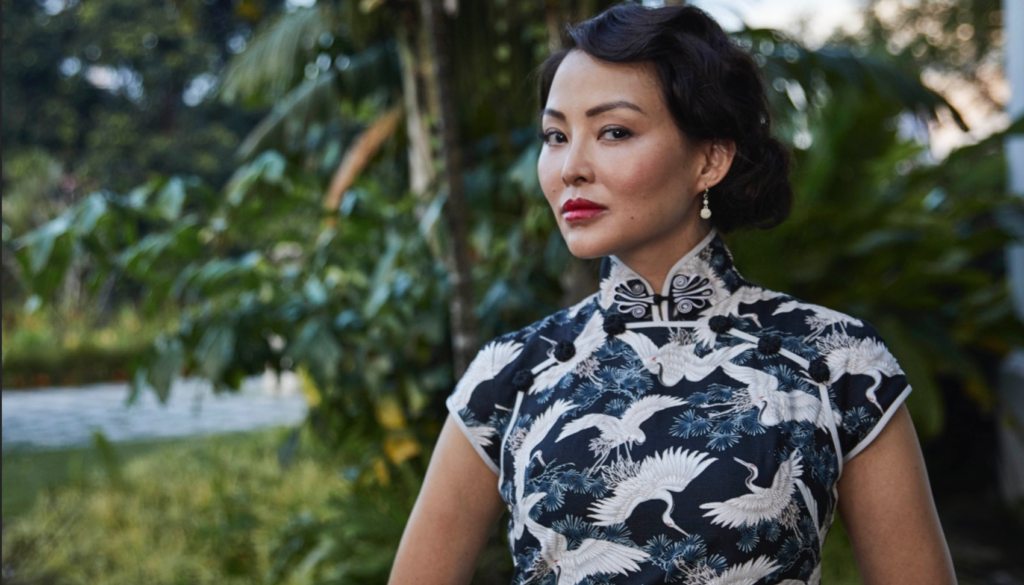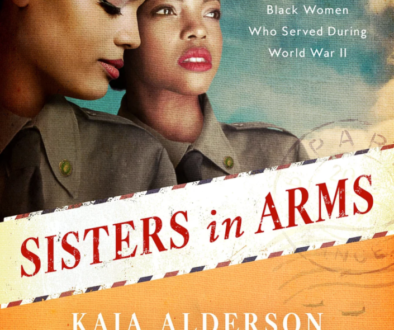Americans Deserve A Chance To See Vera Chang On The Singapore Grip
Note: This article features plot descriptions and spoilers from a series not legally available in the United States unless you buy the UK/PAL DVD online and have a region-free player. I emailed BritBoxUS and they said they won’t be able at this time to show the series in the US, but I am hopeful this may change in the future because of this article. Spoilers from the novel will be indicated as such which is legally available from US booksellers/libraries.
The Singapore Grip, a miniseries adaptation of the novel by the same name by J.G. Farrell originally aired on ITV in September 2020. The series is a fictionalized account of how the Japanese took advantage of weakened British defenses to invade Singapore in 1942. It is very unusual that this series does not have a US release date yet as the UK production company Mammoth Screen has recently signed US distribution and co-production deals with PBS, Netflix, and US BritBox among others. UK-made period dramas set in Asia are already rare and period dramas featuring East and Southeast Asians are even more so. The Singapore Grip is not a perfect example of the possibilities for Southeast/East Asian representation or of series actively questioning outdated historical narratives, but it’s the beginning of the conversation. American streamers and networks should not assume Americans won’t understand a World War II story that is based in a former British colony and leaves Americans on the sidelines.
Vera Chang played by the absolutely brilliant Elizabeth Tan is the most engaging and sympathetic character. Her character is at the center of all of the show’s questions about race, class, and gender. (Chances are high you saw Tan on the Doctor Who episode “Journey’s End” or more recently Netflix’s Emily in Paris. I also think she should play the female love interest in Season 3 of Bridgerton.) Vera is simply trying to survive in a world that doesn’t often see her as worthy of respect or equal opportunity. She’s also from the outset of the story the most concerned about the Japanese army threat as she narrowly escaped their clutches before.
Although the audience sees pre-invasion Singapore from the perspective of the antagonists, Vera actually serves as the audience’s point of view. She is first introduced as the nurse/secretary to rubber magnate Walter Blackett Sr (Charles Dance). After she is fired from that job, she picks up taxi driving, nursing, and other odd jobs to make ends meet. A lot of the cultural details about Singapore are revealed through Vera interacting with other Asian working-class characters and the colonialist elites. Many people immigrated to Singapore for work and brought their food, religious/spiritual, and cultural traditions with them. The mixing of cultures also gave rise to the blending of British and Eastern influences, and all of that is revealed through the episodes. Tai chi, rituals for the deceased and dying, and delicacies are just some of the things featured throughout the episodes. Anne Dudley’s soundtrack skillfully adds Asian musical influences to toe-tapping 1940’s Big Band swing beats. (The soundtrack/score is the only part of The Singapore Grip you can find legally in the United States!)
Vera’s accent also represents interactions with the British as well as knowledge of several regional dialects and languages. Tan said in the interview for the UK press pack [contains spoilers]: “We also have a spectrum of Asian languages being spoken in this. There are three different dialects – Mandarin, Cantonese, and Hokkien – and Vera speaks six languages in the script. For me it’s wonderful. In dramas, you might get Mandarin and sometimes Cantonese but very infrequently Hokkien.” These differences are not designed to confuse viewers but to get a sense of Singapore as a hot spot for international trade and for laborers from all over the Empire to find work.
Although Vera has plenty of challenges, she also has a chance to be loved and desired by a man who respects her. Matthew Webb (Luke Treadway) works in international relations and he is one of the few white characters who see Singapore’s nasty side for what it is. Matthew’s idealism and discomfort with current affairs also place him as an outsider which is a prime position to recognize a kindred spirit in Vera. Women of color rarely get the chance to play the romantic lead in a period drama. Even though Vera’s circumstances are less than fairytale-esque, she subverts years of period dramas prioritizing white women as romantic leads.
The Wider Context

Where does Vera Chang’s story fit in the larger scope of UK period dramas? The Singapore Grip is focused on satirizing the British imperial class and corporations responsible for exploiting rubber and other natural resources. Mad Men takes a similar approach with inserting social satire into historical recreation leaving aside the differences between British and American styles. There is also a fair amount of criticism and ridicule lobbied at the British military for failing to heed advance warnings on the Japanese invasion. It is a very refreshing twist in the period drama genre to have a series directly attacking the inherent problems with the concept of the British Empire.
Far too many previous productions appeal to those who want to celebrate “the good ‘ole days” and ignore how harmful the Empire was to BIPOC. Beecham House was set pre-Empire but the dialogue questioning these issues had limited impact because the characters had no idea about the future. Every time the script makes the rubber magnates look evil it is a direct attack on previous UK period dramas that glorify the British Empire (Jewel in the Crown), ignoring the Empire entirely (too many to list here), making both colonizers and colonized morally questionable (Indian Summers) or setting the story post-colonial independence (A Suitable Boy). The fact all of these examples are about India and not any other former UK colony in Asia is a glaring discrepancy. This is the first UK period drama since Tenko all the way back in 1981 which historically speaking picks up where The Singapore Grip ends to depict Southeast Asia. (Unfortunately, Tenko is not available on US or UK streaming as of Nov 2021).
My Problematic Fave
A “Problematic Fave” is a work of media that contains negative stereotypes or features characters doing unethical to immoral things. In The Singapore Grip, the way white characters discuss Vera is filled with era-accurate racial stereotypes. There are repeated vague references to Vera’s past in sex work, white characters calling her “exotic, a “communist” and “mysterious”. These statements are reminiscent of “yellow peril” propaganda stoking fear against Asian-Americans in the 19th and 20th centuries. Vera’s past also can be seen as a reference to negative stereotypes of Asian women as docile sex objects. Much of this is a reflection of the biases of the period but could be interpreted as reinforcing negative current attitudes on sex work.
Farrell published the novel in 1978 after extensive travel to Southeast Asia to research the fall of the British Empire. Although he was bucking the trend of fiction that romanticized the British Empire, elements of his commentary on women and people of color haven’t aged well compared to modern discourse on intersectionality, sex work, and ethnic studies/decolonization. Overall, while Farrell wrote an effective parody, his perspective as a white man is inherently problematic today. He still describes Asian characters the way white colonialists would have seen them. The miniseries can be easily interpreted by racists to be a glorifying of the Empire and not a satire.
The miniseries also aired in a different context than the one American audiences will encounter in a streaming release. The Singapore Grip was filmed in 2019 and aired in the UK before the rise of the #StopAsianHate/#StopAAPIHate movement in the US. Today’s audiences with that movement in mind may very well be more critical of Vera’s characterization than UK audiences were in 2020. Sir Christopher Hampton knew Farrell and a had family connection to Singapore but he is still a white screenwriter writing characters of color. as Vera’s characterization would be very different if a British Asian or native Singaporean screenwriter was able to turn the whole story towards her point of view. Daniel York Loh and other British Asians pointed these issues out at the time of the show’s release but their analysis did not reflect more recent events. Analyzing these shortcomings can only help future screenwriters and creatives to develop better period drama representation in the future.
In conclusion, I’ve waited very patiently to discuss the miniseries’ ups and downs with my fellow Americans. I’ve spent a year making the theme song my ringtone, reading the original novel, and thinking way too much about all of the questions the series brings up. I can’t hold it in anymore after seeing nearly every other major UK TV release from 2020 and 2021 land a US distributor. Previewing UK TV before stateside release is a grey area but I believe my expertise in this may prove helpful beyond fleeting social media conversations. Forty years is too long of a wait between UK period dramas turning attention to Southeast Asia. There’s no progress without discussing the positives and negatives of what came before. I don’t want to be the final word on this miniseries, I want Asian-American reviewers and pop culture critics to weigh in as well. Industry skeptics please step aside and let Americans meet Vera Chang and the rest of the characters of The Singapore Grip and decide for themselves.

